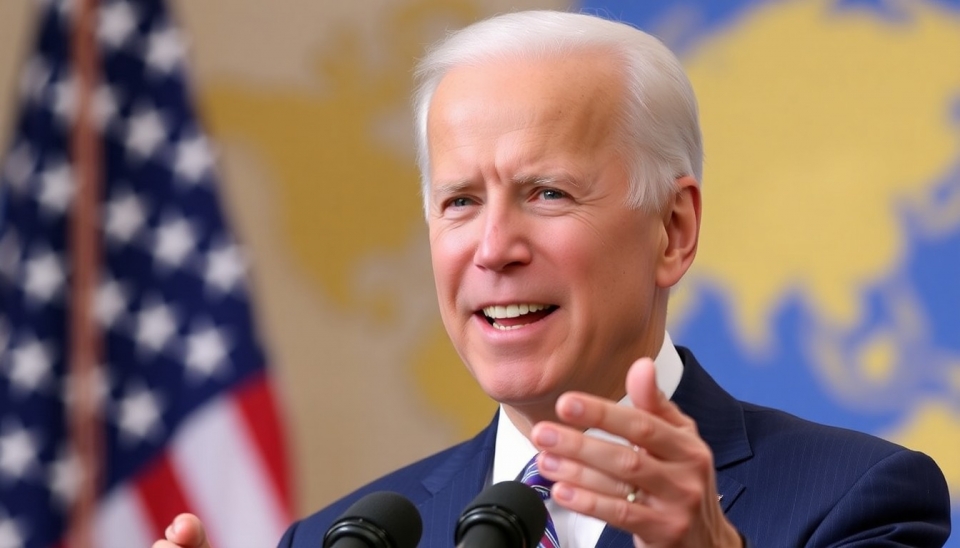Oil Price Drop May Help Facilitate Monetary Easing

The recent decline in oil prices has become a crucial factor that could influence central banks’ approaches to monetary policy. The decrease in the price of black gold affects inflation, allowing central banks to consider easing their measures. Oil has lost more than 20% of its value since the beginning of summer 2023, and this decline is worth discussing in the context of global economic trends.
The drop in oil prices may alleviate inflationary pressure, which in turn opens up the possibility for rate cuts. As a result, the market expects that central banks could shift towards a softer policy, which would enhance economic activity. Analysts note that such measures could be particularly relevant in light of the slowing growth of economies in various countries.
Many experts are already discussing how such changes in monetary policy might impact financial markets and different sectors of the economy. Specifically, this could create more favorable conditions for investments and stimulate consumption. However, it’s essential to remember that not all central banks will act the same way, and their decisions will depend on local economic conditions.
In this context, it is crucial to pay attention to the risks that could emerge from changes in oil prices and the subsequent policies of central banks. The main concerns revolve around potential volatility in financial markets and possible consequences for currency rates.
Thus, the decline in oil prices creates new opportunities for regulating monetary policy, and in the coming months, we may witness significant changes in the approaches of central banks.
#oil #pricepolicy #inflation #financialmarkets #centralbanks




